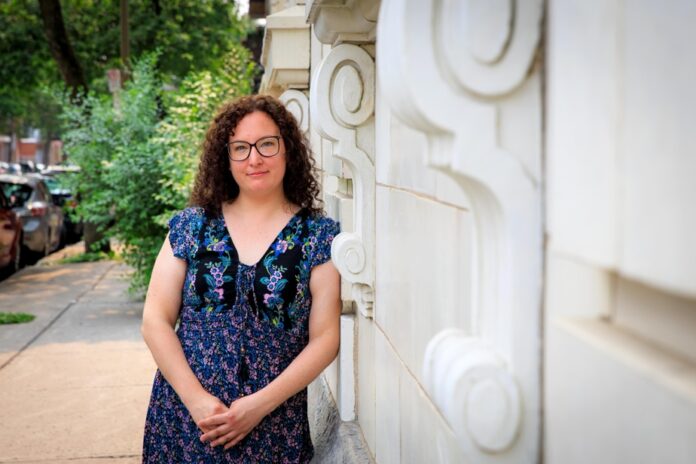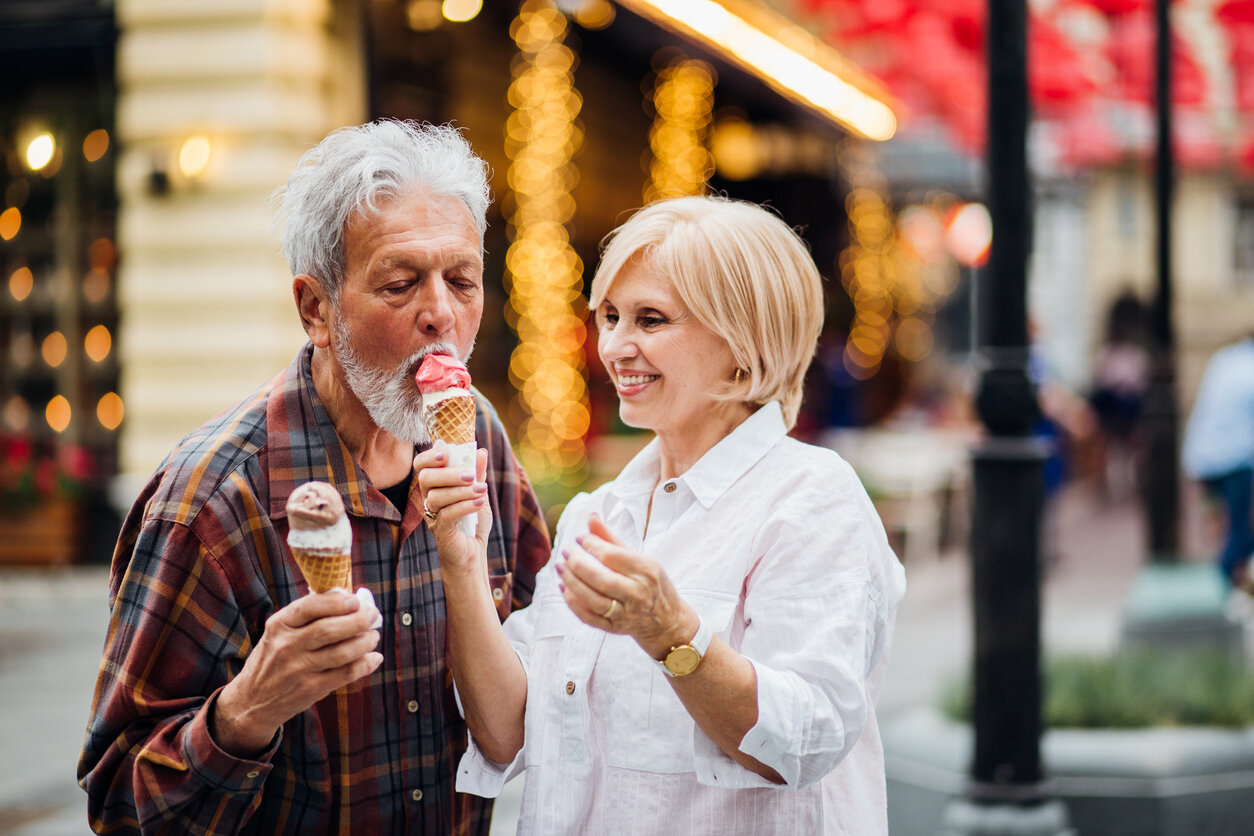Although anxiety is sometimes portrayed as an evil to be eradicated, Virginie Cloutier-Naud is convinced that it brings its share of benefits. “Anxiety saved me”, even dares to write the author in the documentary for teenagers It’s not just in your head. Nothing less !
Intrigued by the “different look” that this popular book takes on anxiety in adolescence, we made an appointment with Virginie Cloutier-Naud in a pleasant café on Ontario Street in Montreal.
One can only start the interview with one question: how did anxiety save her?
“Anxiety is a signal. This is our alarm system. We don’t want to listen to it all the time, but that’s often what tells us that there’s something wrong, ”replies the author.
Personally, his alarm system started ringing during the pandemic. “I was exhausted, washed out, exhausted, completely at my wit’s end. My body, which until then had held on, collapsed. I began to have more and more violent and frequent panic attacks, ”she confides, without taboo, in her book where anecdotes and humor rub shoulders with scientific information.
In an interview, she says that this very unpleasant moment made her realize that she had to resolve certain situations that she had been avoiding for years.
“A lot of times, anxiety, we’ll say it’s bad, it has to be taken away. […] But no ! It tells you what’s wrong. You have to listen to it, ”says the one who has read a lot on the subject.
Another period of Virginie Cloutier-Naud’s life was marked by anxiety: her adolescence. It is by thinking about the kind of book that she herself would have liked to consult in high school that she wrote this guide.
“I found that for teenagers there were a lot of very educational books. We are afraid to go a little off the beaten track or to make jokes about it. »
Yes, some cases may require follow-up with a professional, she says, but it is also normal to experience stress or anxiety.
Passing an exam, giving a performance in front of an audience, going to the movies with someone we like are all positive examples that can increase the heart rate or give stomach aches.
If the first chapters, revised by a doctor, focus on the definition of stress, anxiety and its different forms, such as eco-anxiety and performance anxiety, the second part of the book presents avenues for reflection and tips for coping better with anxiety.
Beyond the suggestions often heard such as moving, sleeping well, eating well or meditating, what is Virginie Cloutier-Naud’s favorite thing? She thinks. Then, she explains that the gaze of others often generated anxiety in her, especially in adolescence.
One simple phrase helped her dread judgments less: “I’m the kind of person who…”
For example, if she’s worried that someone will laugh at her for leaving a party early, she repeats to herself, “I’m the type of person who leaves a party if she doesn’t feel comfortable. . »
Is she worried that her apology to a colleague will be unwelcome? She thinks to herself, “I’m the kind of person who apologizes when she admits she’s done something wrong. »
This thing helped her to better define her values, to respect them and, by the same token, to reduce her social anxiety.
The author also thinks that even if her writing style is aimed at teenagers, her book can reach a wider audience. “No matter how old we are, we can learn something from it. »















